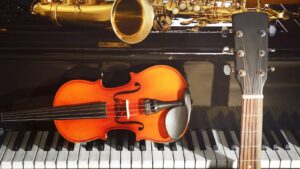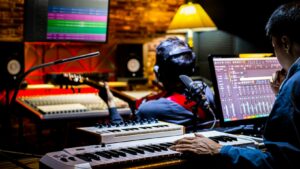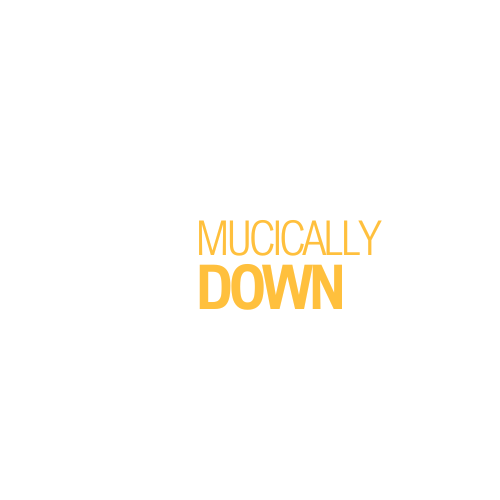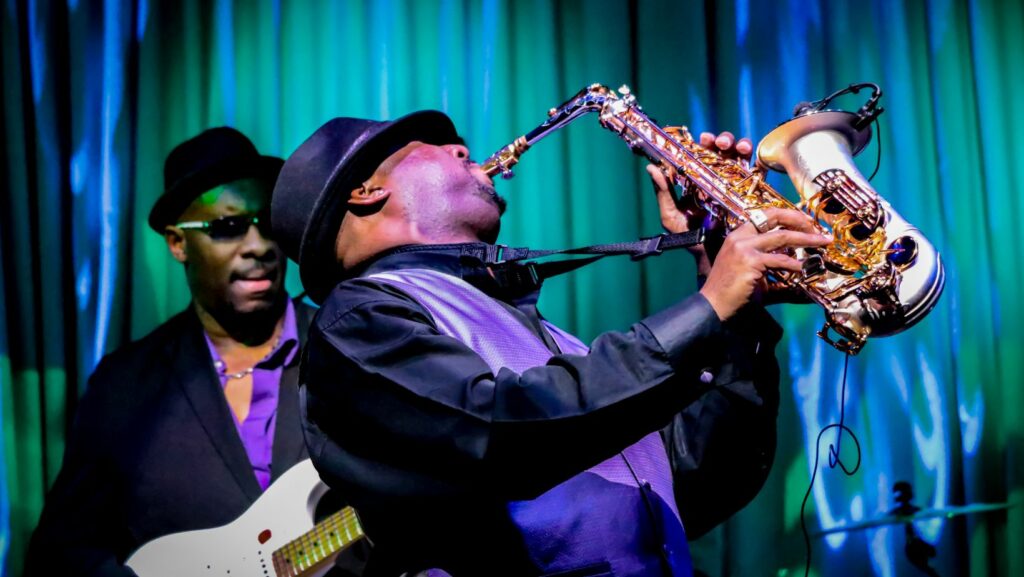Imagine a world where artificial intelligence (AI) creates music covers at no cost. This isn’t a far-fetched notion from a sci-fi movie; it’s the reality we’re living in today. AI has infiltrated the music industry, revolutionizing the way we create, distribute, and consume music.
AI music covers aren’t just a novelty, they’re a game changer. They offer an opportunity for artists to experiment, innovate, and push the boundaries of what’s possible in music. And the best part? Many of these AI tools are free, making them accessible to everyone, not just the industry elite.
So, if you’re ready to dive into the future of music, you’re in the right place. This article will explore the world of free AI music covers, shedding light on how they’re created, their benefits, and their potential to transform the music industry. Let’s hit the play button on this exciting new chapter in music technology.
AI Music Covers Free
 Engaging deeply into AI music covers unfolds a universe of unlimited potential and creativity. They are key players in the music domain, redefining the boundaries of music creation and consumption.
Engaging deeply into AI music covers unfolds a universe of unlimited potential and creativity. They are key players in the music domain, redefining the boundaries of music creation and consumption.
AI music covers, data-driven reproductions of existing songs, signify a remarkable breakthrough in the music industry. These mimic the distinct style of an original composition, rendered in a unique rendition, harnessing advanced machine learning algorithms. Machines, trained on vast datasets of music genres and specific artists’ styles, generate these covers. For example, if trained on Beatles’ music, the AI replicates the sound, rhythm and style, thereby delivering an AI music cover that mirrors the Beatles’ signature tunes.
AI creates music by employing intricate processes, largely demystified through algorithms’ role. Machine learning algorithms, core tools of AI music production, analyze an abundance of musical data, themes, rhythms, and patterns. This lays the foundation for generating new compositions, similar in style to the base data.
In the music generation process, AI initially dissect patterns from the training dataset. For instance, understanding chord progression or identifying an artist’s typical drum beats. These learnings, encapsulated into actionable data points, guide the AI’s music creation process.
The Rise of Free AI Music Covers
 AI-generated music compositions have become a zeitgeist of the music industry, signaling a transformative moment in its history. Free AI music covers are on the rise, permeating various music genres and redefining artistic expression.
AI-generated music compositions have become a zeitgeist of the music industry, signaling a transformative moment in its history. Free AI music covers are on the rise, permeating various music genres and redefining artistic expression.
AI in music production augments musical creativity. Utilizing advanced machine-learning algorithms, it allows a multitude of music compositions to be reimagined as distinctive music covers, breathes novelty into existing songs, and fosters experimentation. For instance, Hip Hop and Pop songs, emboldened by AI, receive unique remixes, enhancing the musical experience.
Challenges in AI-Generated Music
While beneficial, AI in music production poses certain challenges. Foremost is authenticity. AI-generated music, built from analyses of existing songs, often faces criticisms for lack of originality. For instance, some dub AI music covers as mere reproductions rather than independent creations.
Infringement of intellectual property rights marks another issue. With AI employing original songs in creating covers, potential copyright violations arise. An example would be unauthorized AI music covers readily available on various online platforms, spurring legal debates.
Impact on the Music Industry
 AI’s foray into the music industry garners a spectrum of reactions. While it innovates the art form exponentially, it also sparks debates, chiefly on creativity and legality, that speak volumes on the impact it implores on the industry.
AI’s foray into the music industry garners a spectrum of reactions. While it innovates the art form exponentially, it also sparks debates, chiefly on creativity and legality, that speak volumes on the impact it implores on the industry.
Art is laced with humanity’s emotional resonance; it’s an embodiment of human thought and experience. Traditionally, music is a product of human creativity, exhibiting the tapestry of human emotions extensively. AI-generated music covers, at first glance, seem to muddle this very essence. However, on skiing deeper, there’s a realization that AI merely acts as a tool enhancing human creativity. It frees artists from the drudgery of repetitive tasks, allowing them to channel their energies toward authentic artistic expression. For instance, in the process of remixing a song, AI can simplify the process of isolating vocals from instrumental music, giving artists more time to focus on the creative aspects of remixing.

